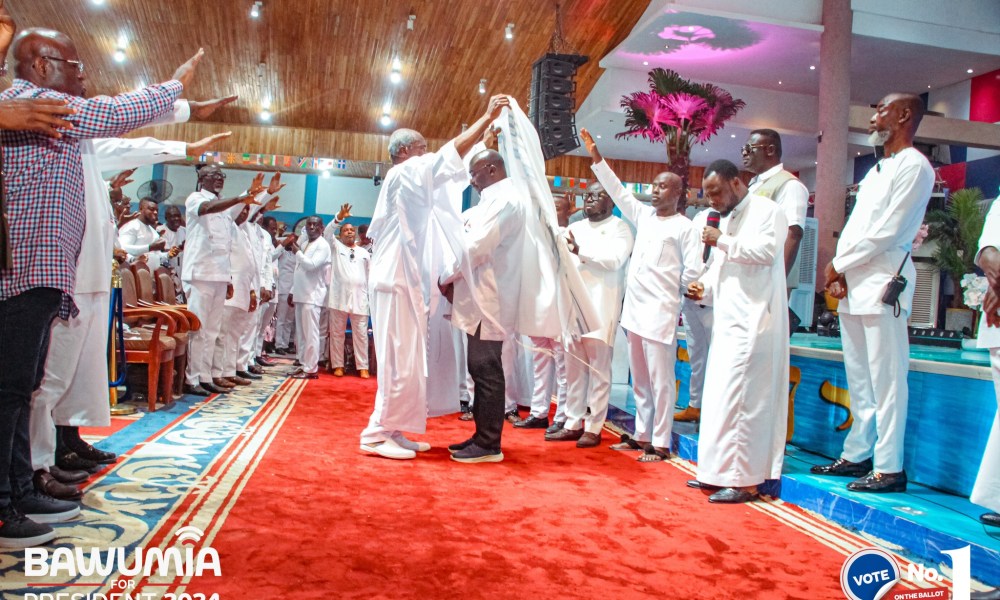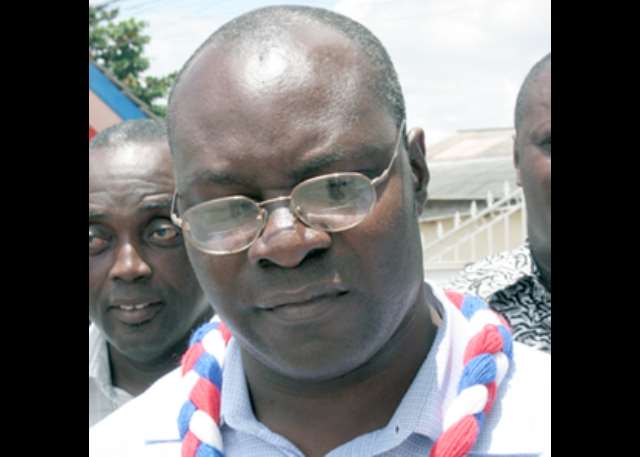Dr. Mahamudu Bawumia, the flagbearer of the New Patriotic Party (NPP), has reaffirmed his commitment to safeguarding Ghana’s cultural and moral heritage, declaring his intention to sign the anti-LGBTQ+ and anti-witchcraft accusation bills into law if elected President.
Speaking passionately to congregants at the Believers Worship Center, Philadelphia Church, in Kenyase, Ashanti Region, he emphasized the importance of preserving the country’s traditions and beliefs amidst growing external influences.
“I am committed to ensuring that Ghana remains rooted in its cultural and moral values,” Dr. Bawumia told the congregants. “If elected, I will sign into law the anti-LGBTQ+ bill and the anti-witchcraft accusation bill because our traditions and beliefs must be protected from undue external influence.”
His declaration was met with applause from the audience, many of whom viewed his statement as a reflection of their shared concerns about maintaining the nation’s identity.
Dr. Bawumia also stressed the role of faith and collective spirituality in navigating the challenges facing the country. “I believe in the power of prayer,” he said, his voice resonating with conviction. “I call on all of you to pray for Ghana and for the success of the upcoming elections. Without God, we labour in vain.”
The church, filled with enthusiastic congregants dressed in vibrant traditional attire, provided a poignant backdrop for Dr. Bawumia’s speech. The venue itself symbolized a fusion of faith and cultural pride, a theme that echoed throughout his message.
For many Ghanaians, the anti-witchcraft accusation bill holds personal significance. Accusations of witchcraft have often resulted in violence and ostracization, disproportionately affecting vulnerable women and the elderly in rural areas.
Dr. Bawumia’s commitment to addressing this issue was particularly well-received by the older congregants, some of whom have witnessed such injustices firsthand.
Similarly, the anti-LGBTQ+ bill has been a polarizing topic, with debates highlighting the tension between cultural conservatism and modern human rights perspectives.



